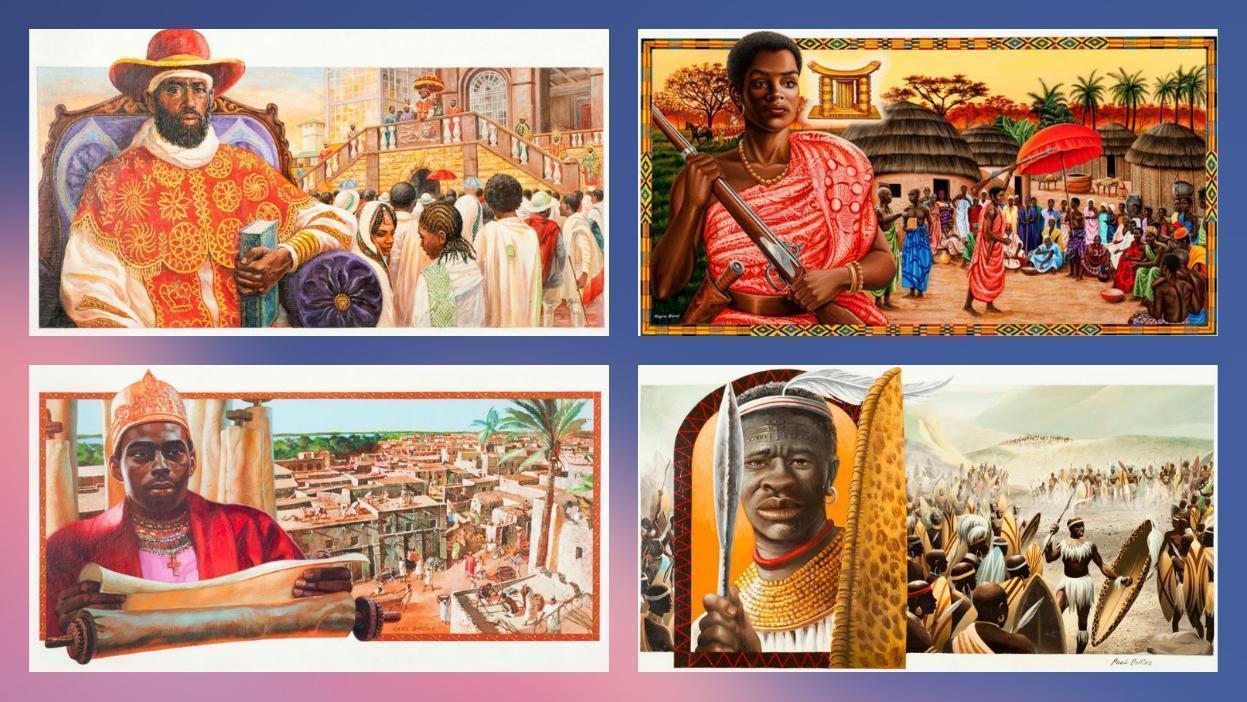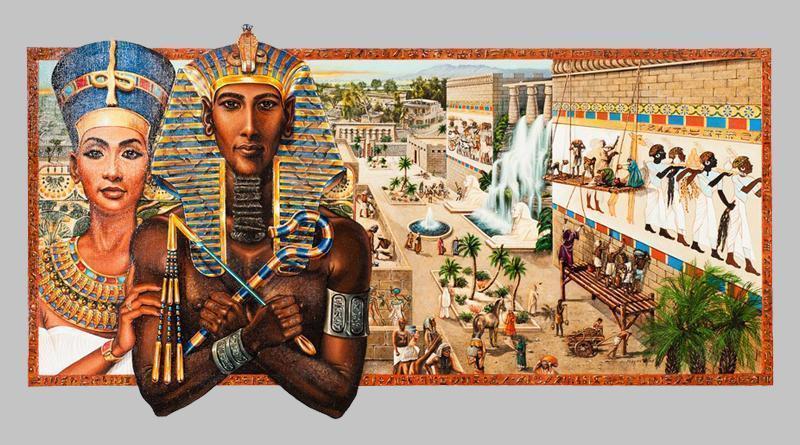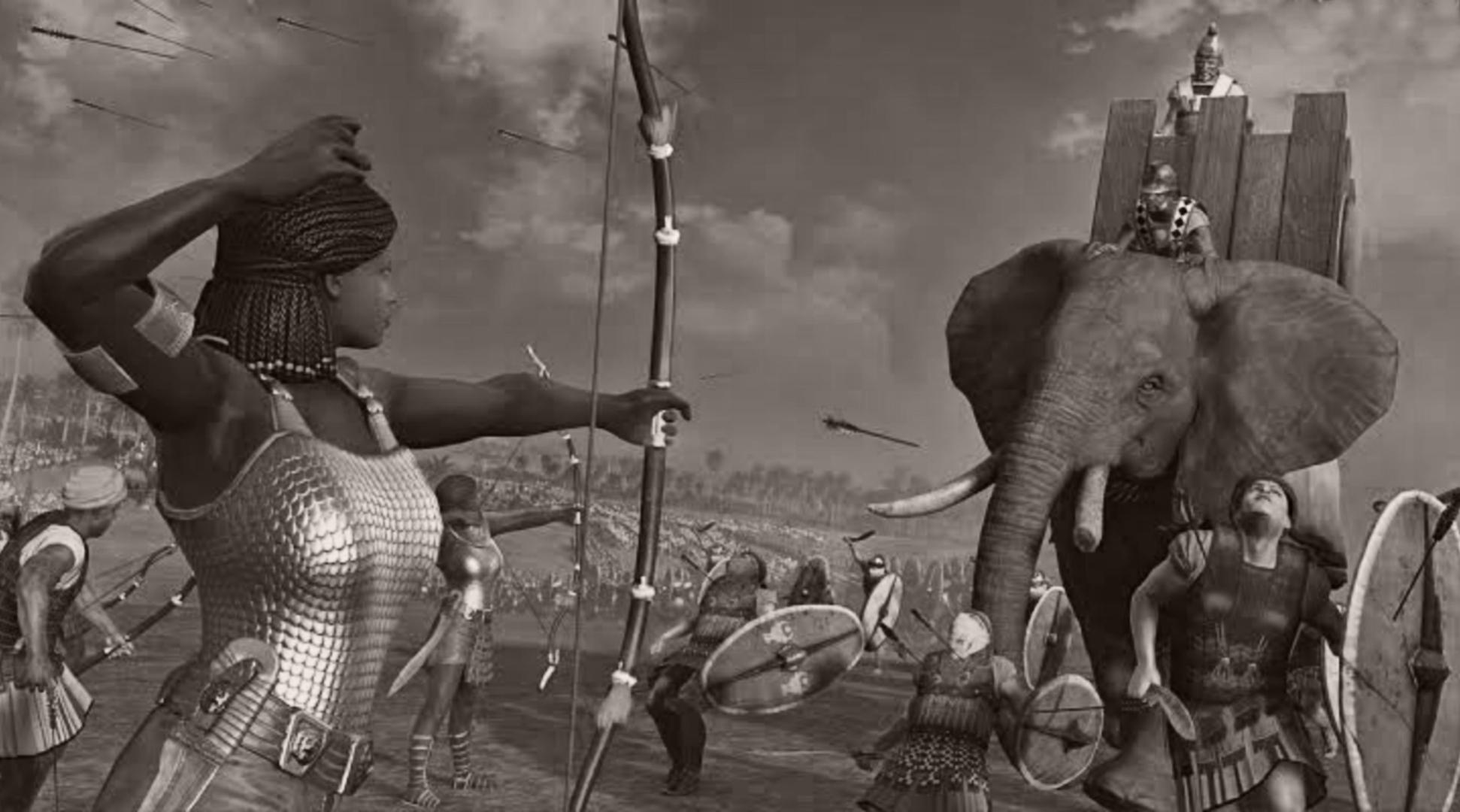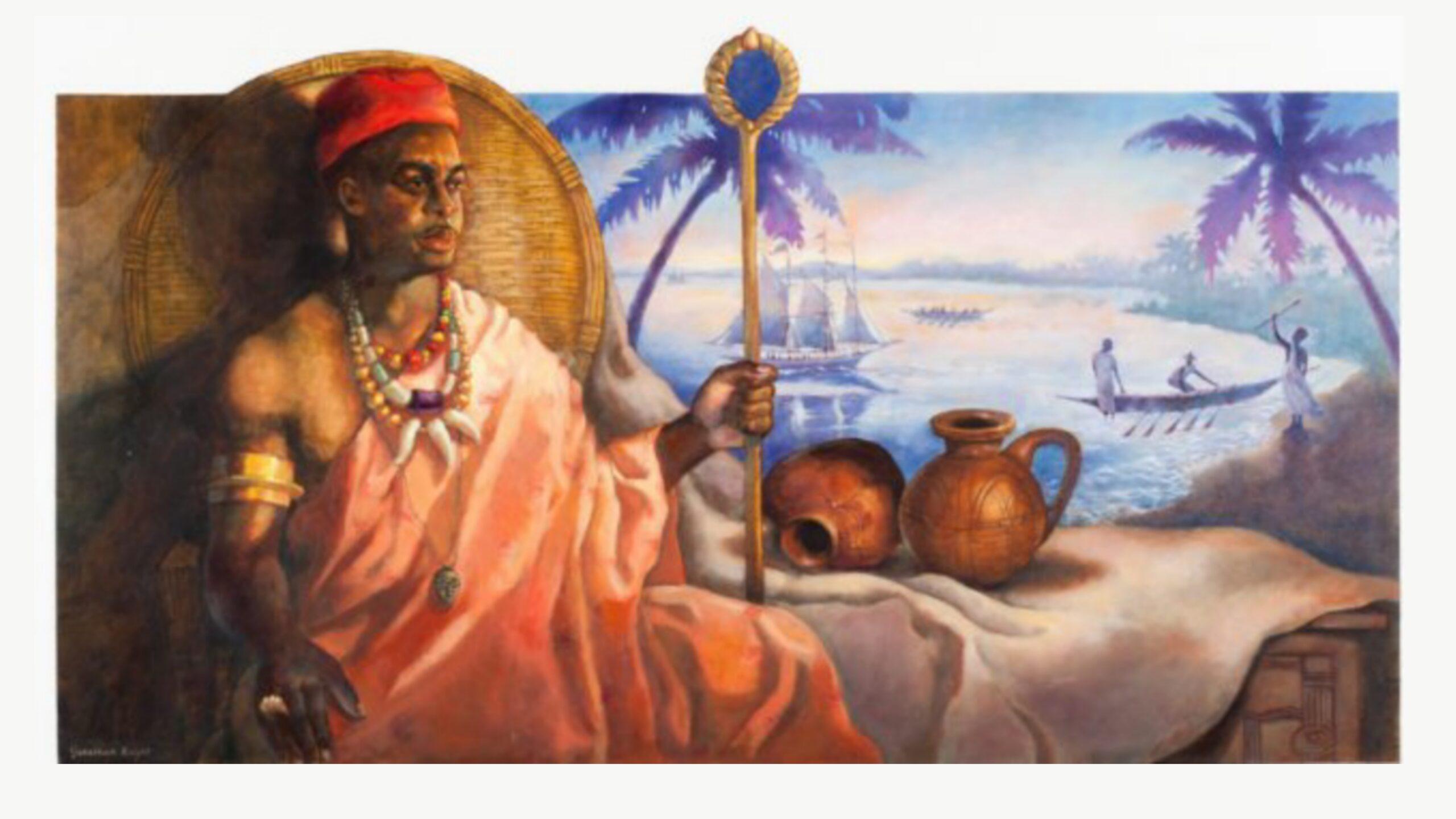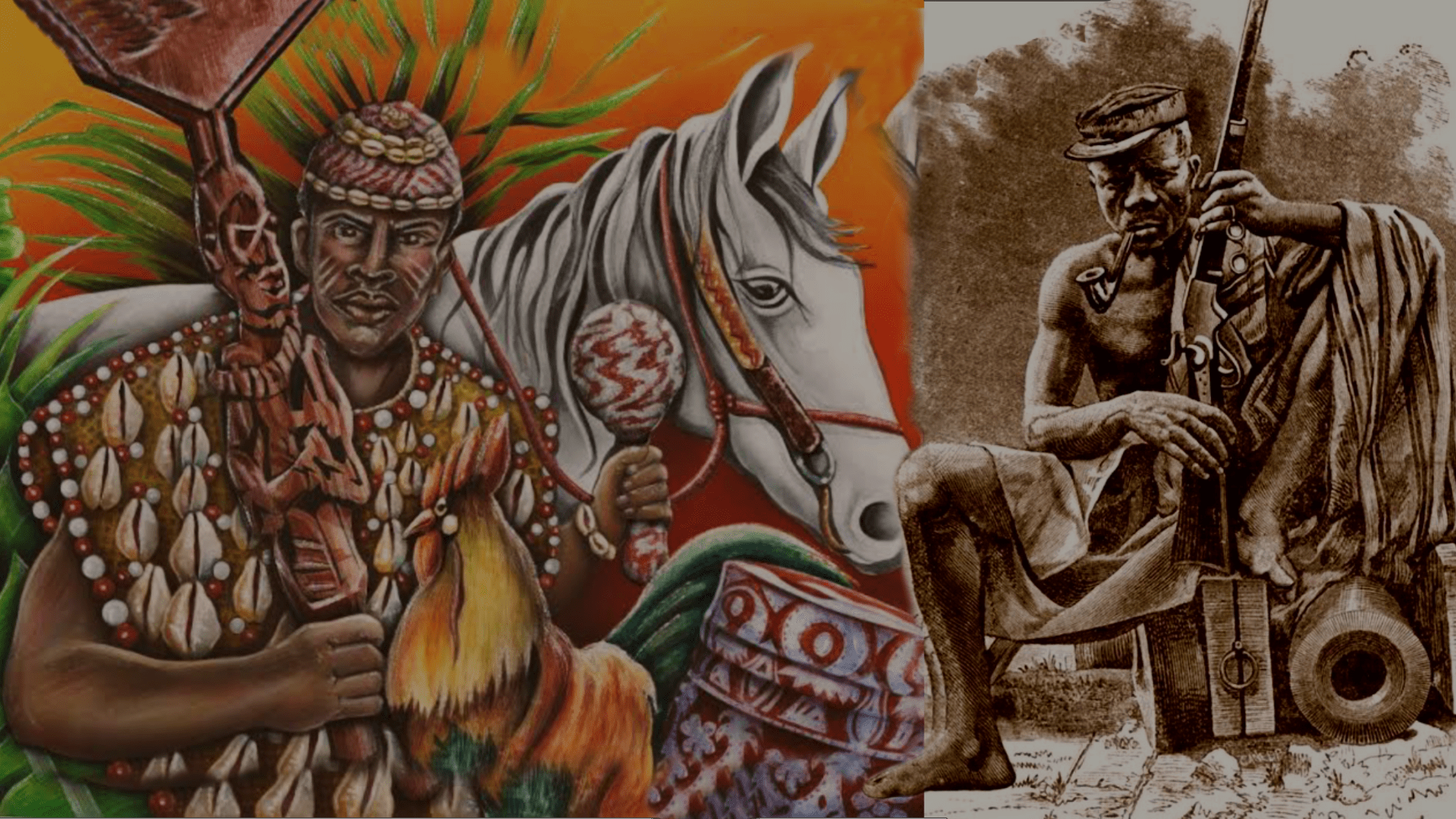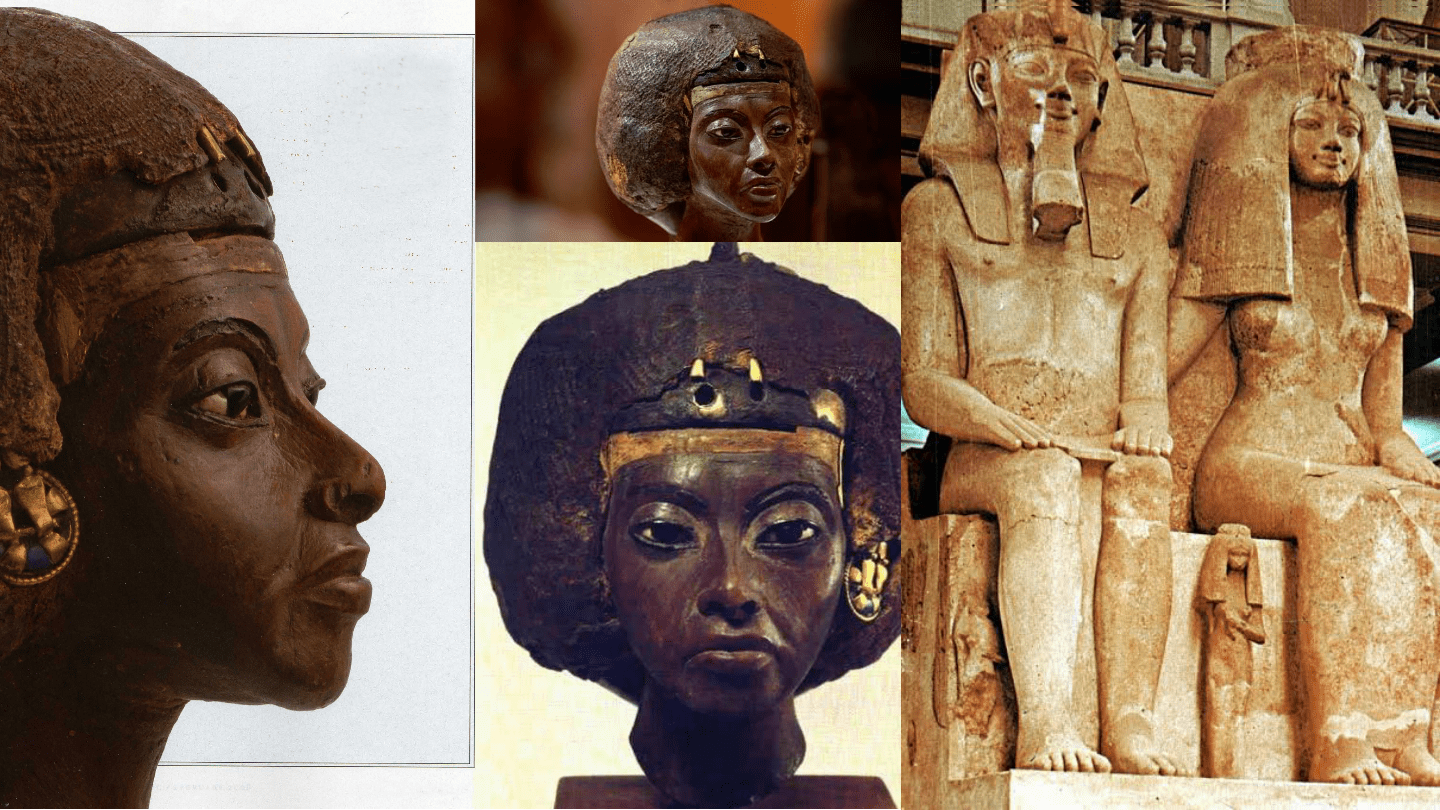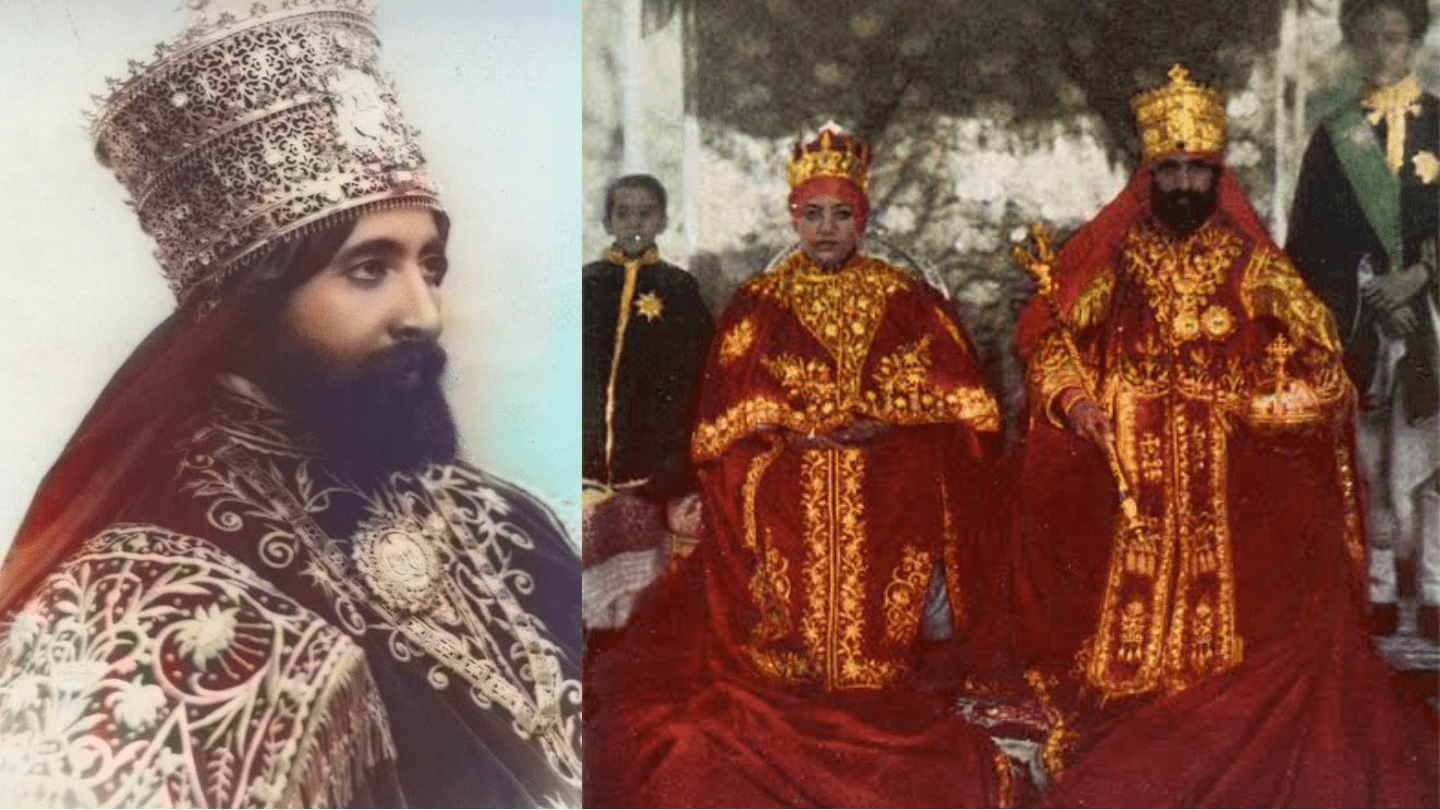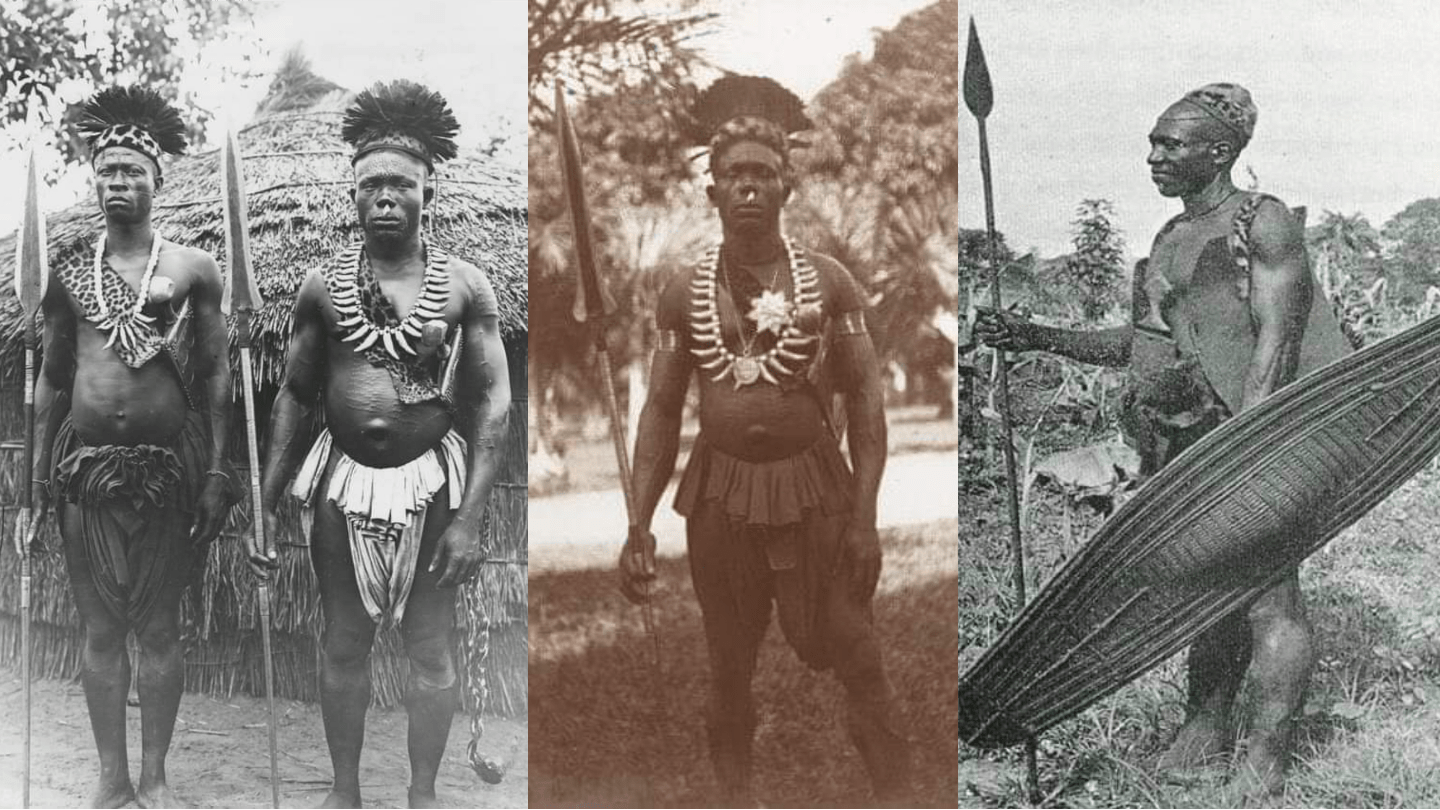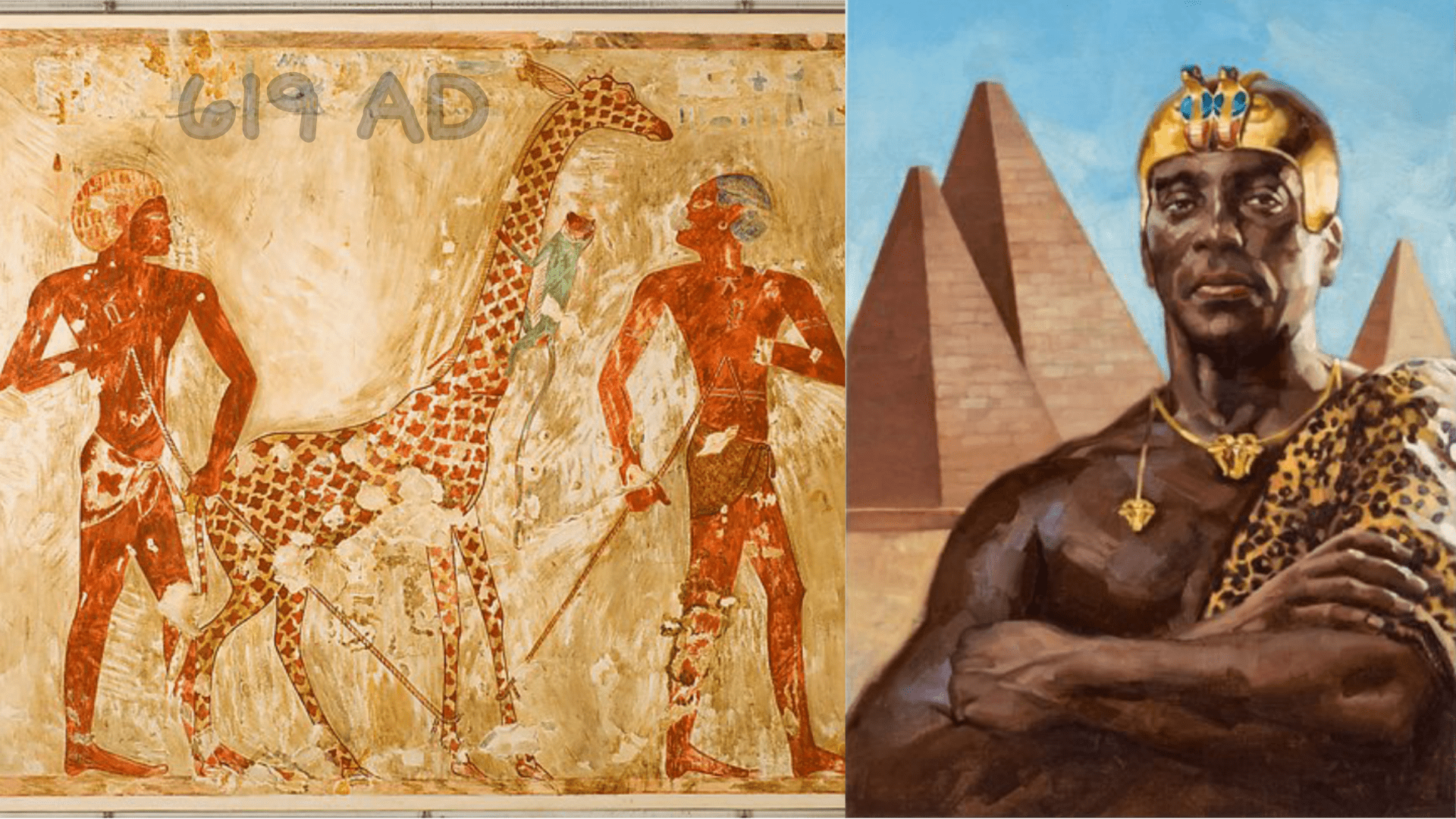Twenty-three artists were commissioned by Anheuser-Busch over a 25-year span, to create works for the Legend of the Crown collection. Each painting depicts an African leader and celebrates his or her impact on history. Here are the 30 paintings that were created for the collection. Hatshepsut The Ablest Queen of Far Antiquity (1503-1482 BC) by Dean Mitchell For 33 years Hatshepsut …
Read More »TimeLine Layout
March, 2021
-
1 March
Akhenaten: Egyptian Pharaoh, Nefertiti’s Husband, Tut’s Father (1351 BCE)
Amenhotep III and his wife Queen Tiye had a son called Akhenaten. Egypt ruled an empire that extended from Syria in west Asia to the River Nile fourth cataract in modern-day Sudan during their reign. In 1887, about 350 tablets known as the “Amarna letters” were discovered near Akhenaten’s new capital, revealing diplomatic correspondence between Akhenaten, his fellow kings in …
Read More » -
1 March
Kush Kingdom: Queen Amanitore who commanded armies to battle (50 CE)
Amanitore (circa 50 CE) was a Nubian Kandake, or regnant queen, of the ancient Kushitic Kingdom of Meroë, which was also known as Nubia in ancient writings. Candace and Kentake are two alternate spellings. Amanitore’s throne name is Merkare in Egyptian hieroglyphics. Many Kandakes are depicted as warrior-queens who commanded armies in battle. Although it is unclear whether Kandake Amanitore was …
Read More »
February, 2021
-
27 February
King Jaja of Opobo: A slave boy who became a King in Africa (1870 – 1887)
King Jaja of Opobo was a merchant prince and the founder of the city-state of Opobo in an area which is now Nigeria’s Rivers state. Born in present-day Imo State’s Umuduruoha Amaigbo, he was sold as a slave in Bonny at the age of twelve by Obua Ajukwu of Oguta, who had come to Bonny to buy slaves. Jubo was …
Read More » -
27 February
Legends of Africa: The Oyo Empire (c. 1400 – 1835)
The Oyo Empire of present-day Nigeria was a West African empire (c. 1400-1835). The empire arose at the turn of the 14th century from a kingdom founded by the Yoruba and grew to become one of the largest West African states encountered by colonial explorers. It climbed to the top due to trade resources and the strength of a magnificent …
Read More » -
26 February
South African cities’ colonial names renamed in Xhosa
In September 2020, the Minister for Arts and Culture, Nathi Mthethwa, recommended an audit of offensive naming, symbols and structures, such as statues, street names, public spaces, etc. Mthethwa said it was unfair that when it comes to apartheid and colonial symbols still dominating the landscape, South Africa’s black majority population remains an ethnic minority. It was a long process …
Read More » -
20 February
Queen Tiye: An influential royal wife and adviser of Pharaoh Amenhotep III
Queen Tiye is known as the most powerful woman of her period in recorded history of Kemet, ancient Egypt. Tiye, also known as Taia, Tiy and Tiyi, died shortly after Year 12 of the reign of Akhenaten (1338 BC), which would place her birth about 1398 BC, her marriage to Amenhotep III at the age of 11 or 12, and …
Read More » -
20 February
King of Kings of Ethiopia, Haile Selassie I the last Emperor. One of AU founders
His Imperial Majesty Haile Selassi I, the King of the Kings of Ethiopia, the Elected One of God was Ethiopia’s latter emperor, the conquering Lion of the Tribe of Judah, the last emperor of the Solomonic Dynasty to rule Ethiopia until September 12, 1974. A child in the village of Eastern Ethiopia was born on July 23, 1892. He was …
Read More » -
18 February
Ngala people – the panthers, one of the toughest African warrior ethnic groups
Ngala are group of people found in Kinshasa, Congo. Some of them can be found in Central Africa, South Sudan, Cameroon and Northern Gabon. The Ngbele people are Bantu originating from Congo Kinshasa. Their direct neighbors include Ngbetu/Ngbeto (maNgbetu), Lika(maLika), Budu/Bodo(maBodo) and Ngoba/Boa(maNgboa). All belong to Ngala Bantu speaking groups. They use ‘ma’ when referring to a person or people. …
Read More » -
16 February
Over 1400 years ago, Nubians defeated Persians & sent them a gift of a giraffe
African countries used to send gifts to other countries. Generally, including a giraffe. Reason still unknown to us. Nubia sent one to the Persians in 619, Ethiopia sent one to Cairo in 1209, Kanem-Borno sent one to Tunis is 1246, and Kenya sent one to China in 1414. Imagine the challenges of packing and shipping a live giraffe 1500 years …
Read More »
 The African History Truly African
The African History Truly African

